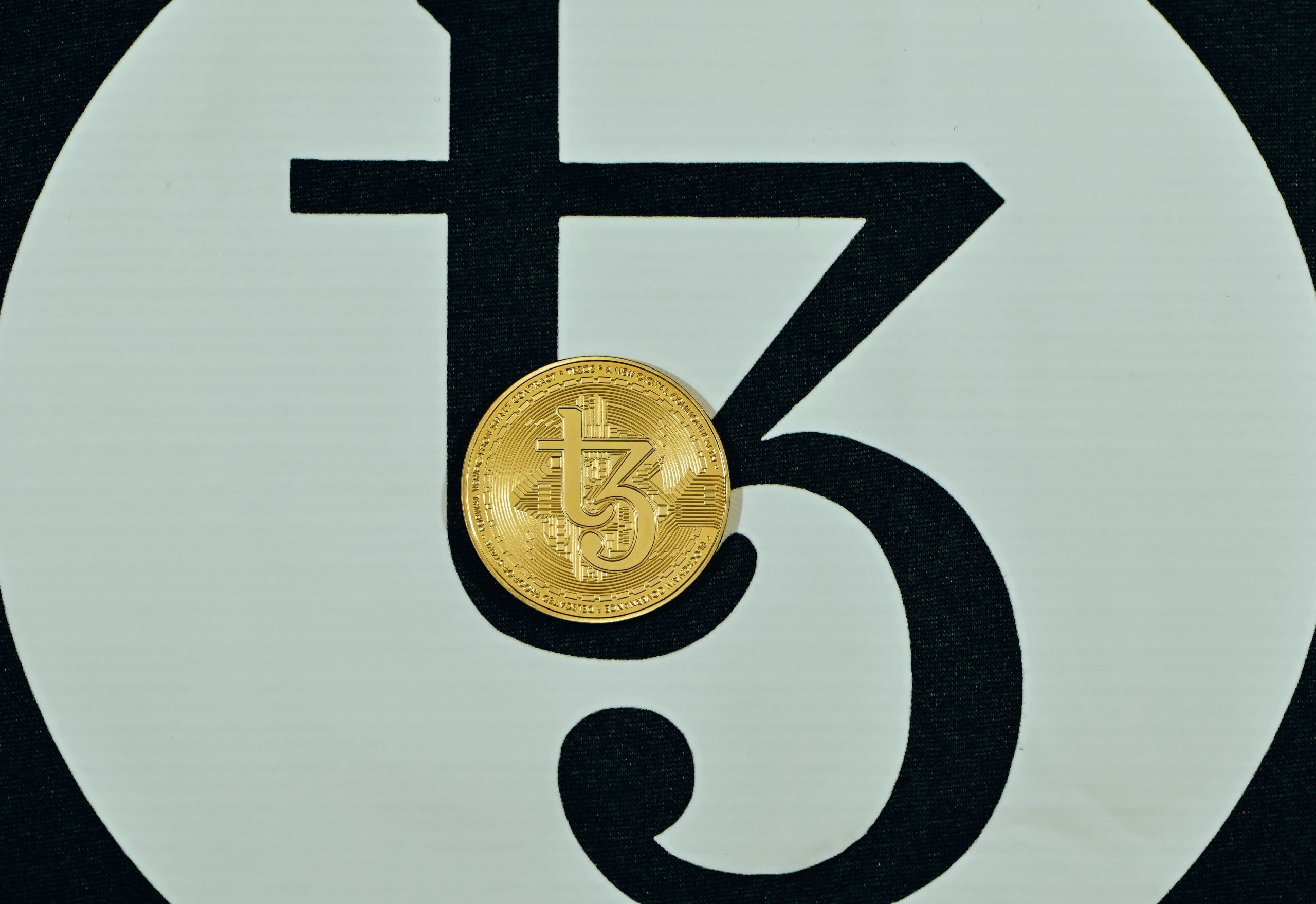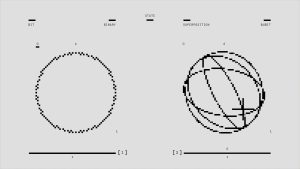Blockchain Transcripts: Tamper-Proof Academic Records for Employers
In today’s digital world, data security and authenticity are of utmost importance, especially when it comes to academic records. Employers often face challenges in verifying the educational qualifications of their potential employees, leading to delays in the hiring process and potential hiring of unqualified individuals. This is where blockchain technology comes in, offering a solution to the problem through its use in creating tamper-proof academic records – Blockchain Transcripts. In this article, we will delve deeper into the concept of Blockchain Transcripts and its benefits for employers.
The Need for Tamper-Proof Academic Records
In the traditional education system, academic records are stored in physical form, making them vulnerable to human errors, loss, or tampering. Employers rely on these records to verify the educational background of job applicants, but they often encounter forged or inaccurate records. This not only hinders the hiring process but also poses a significant risk to businesses, as they can end up hiring individuals who lack the necessary qualifications.
Moreover, the rise of online education and the digitalization of the education sector have made it even more challenging to verify academic records. Online degrees and certificates are often met with skepticism, and employers need a robust and secure system to validate them.
Introducing Blockchain Transcripts
Blockchain technology, which gained popularity with the rise of cryptocurrencies, offers a decentralized and secure way to store and transfer data. Its underlying principles of immutability, transparency, and traceability make it an ideal solution for creating tamper-proof academic records. These records, known as Blockchain Transcripts, are digital certificates stored in a blockchain network, making them virtually impossible to duplicate, alter, or delete.
Blockchain Transcripts are created by converting the academic records into digital form and storing them in a blockchain network. Each transcript is assigned a unique digital signature, making it traceable and tamper-proof. Employers can access the transcripts through a secure and user-friendly interface, ensuring the authenticity of the records.
The Benefits for Employers
Enhanced Efficiency and Productivity
Blockchain Transcripts eliminate the need for manual verification of academic records, saving employers time and resources. The secure and transparent nature of the technology also leads to faster verification, making the hiring process more efficient. This, in turn, boosts productivity by allowing employers to focus on other critical tasks.
Combatting Fraudulent Activities
Blockchain Transcripts are practically impossible to forge, as any attempt to tamper with the records would result in the creation of a new block within the blockchain network. This immutable nature of the technology ensures that employers get accurate and authentic information about the academic background of their potential employees, reducing the risk of hiring unqualified individuals.
Streamlined Credential Verification
With Blockchain Transcripts, employers no longer have to deal with the hassle of verifying academic credentials from different educational institutions. The records are stored in one place, making it easier and faster to access and verify them.
Conclusion
Blockchain Transcripts offer a revolutionary solution to the long-standing problem of tampering and fraudulent activities in the verification of academic records. The technology provides a secure and transparent way of creating, storing, and verifying digital academic certificates, benefiting both employers and job applicants. With the increasing adoption of blockchain technology in various industries, it is only a matter of time before Blockchain Transcripts become the standard for verifying academic qualifications.











